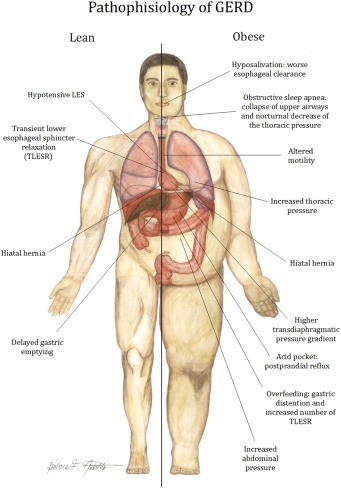A client is admitted with protein-calorie malnutrition and is receiving supplemental feedings through a naso-duodenal tube. Which assessment finding indicates that the client's nutritional status is improving?
Urine output 200 mL over the last 4 hours.
Decreasing serum albumin levels.
Weight gain of 0.75 kg in the last 2 days.
Sodium (Na) level 128 mEq/L.
The Correct Answer is C
Weight gain is a positive indicator of improved nutritional status. It suggests that the client is receiving adequate nutrition and their body is able to build up and retain weight. This is particularly important in the case of protein-calorie malnutrition, as it indicates that the client is receiving sufficient protein and calories to support their nutritional needs.
Nursing Test Bank
Naxlex Comprehensive Predictor Exams
Related Questions
Correct Answer is C
Explanation
Pneumonia is an infection that causes inflammation in the lungs. Auscultation refers to listening to the sounds produced by the lungs using a stethoscope. Ronchi and fine crackles are abnormal lung sounds that can be heard during auscultation in individuals with pneumonia.
These sounds are associated with the presence of fluid or mucus in the lungs, which is characteristic of pneumonia.
While other symptoms such as a sore throat, tympany noted on chest percussion, and a slightly elevated temperature (37.8 degrees Celsius) can be present in various respiratory conditions, the auscultation findings of ronchi or fine crackles specifically suggest an underlying lung infection like pneumonia.
Correct Answer is B
Explanation
Excess body weight, particularly in the abdominal area, can increase intra-abdominal pressure and lead to the weakening of the lower esophageal sphincter (LES). The LES is responsible for preventing stomach acid from flowing back into the esophagus. When it becomes weakened, it can contribute to the development of GERD. Other risk factors for GERD include certain dietary choices, such as consuming fatty and spicy foods, smoking, pregnancy, and alcohol consumption.

Whether you are a student looking to ace your exams or a practicing nurse seeking to enhance your expertise , our nursing education contents will empower you with the confidence and competence to make a difference in the lives of patients and become a respected leader in the healthcare field.
Visit Naxlex, invest in your future and unlock endless possibilities with our unparalleled nursing education contents today
Report Wrong Answer on the Current Question
Do you disagree with the answer? If yes, what is your expected answer? Explain.
Kindly be descriptive with the issue you are facing.
